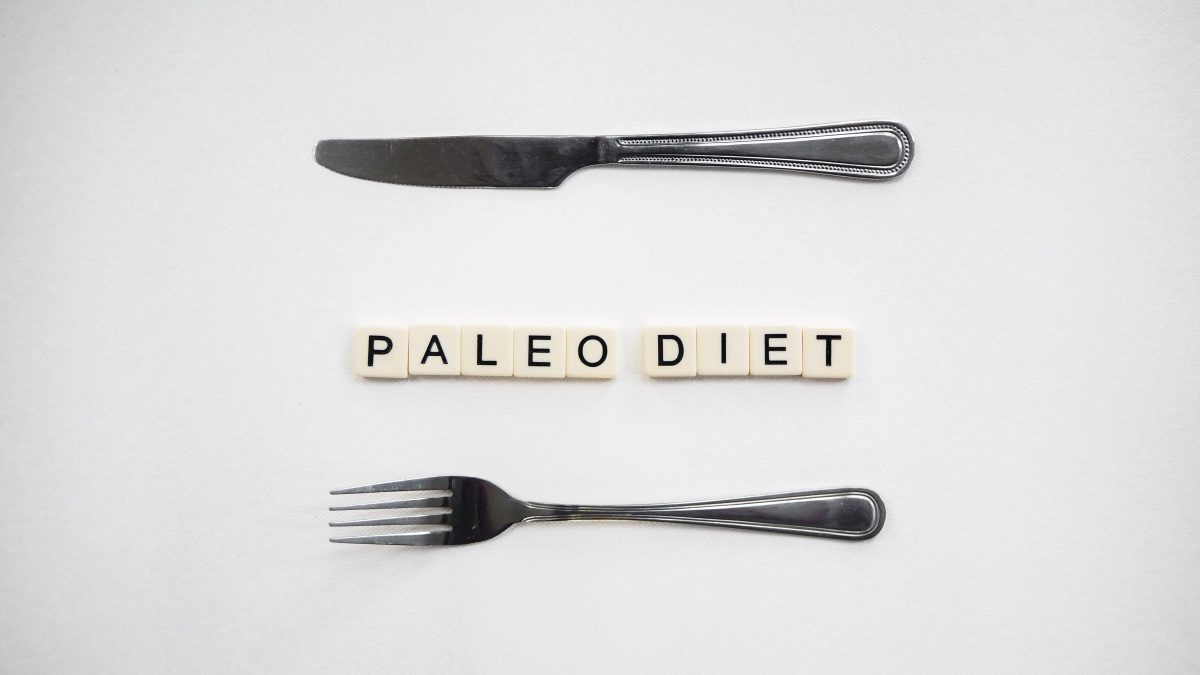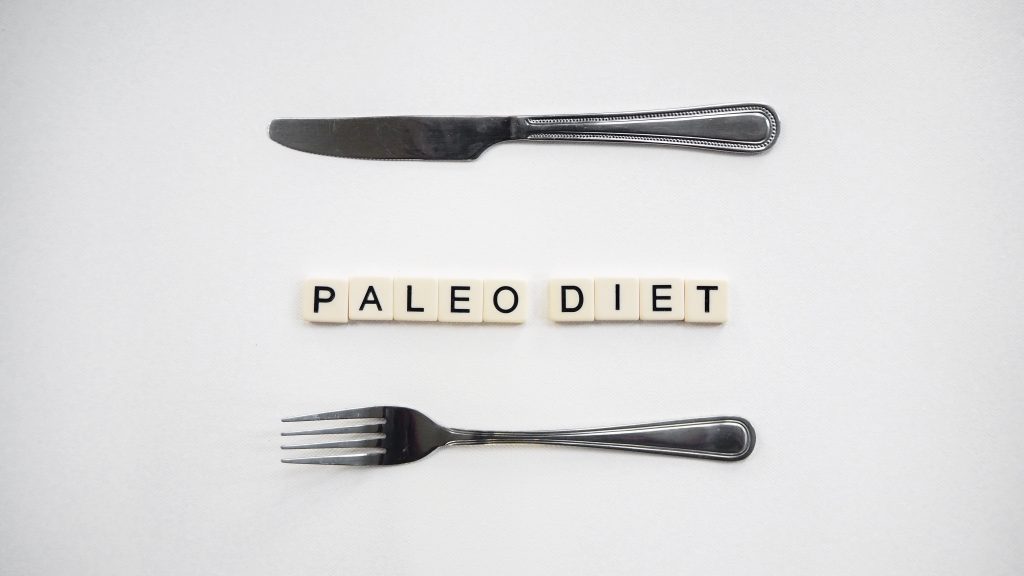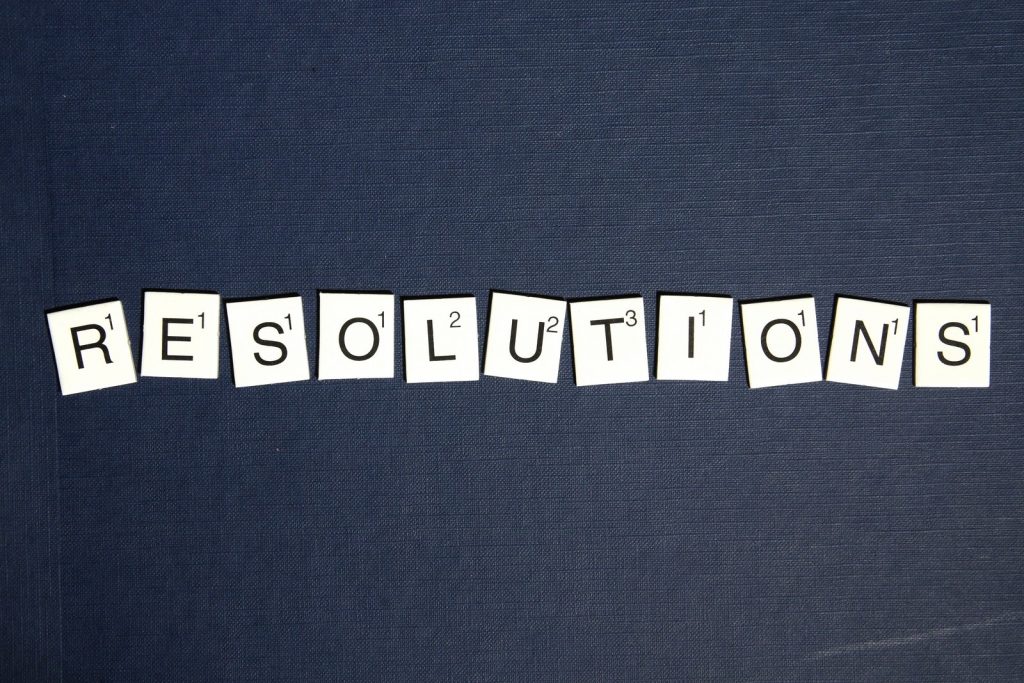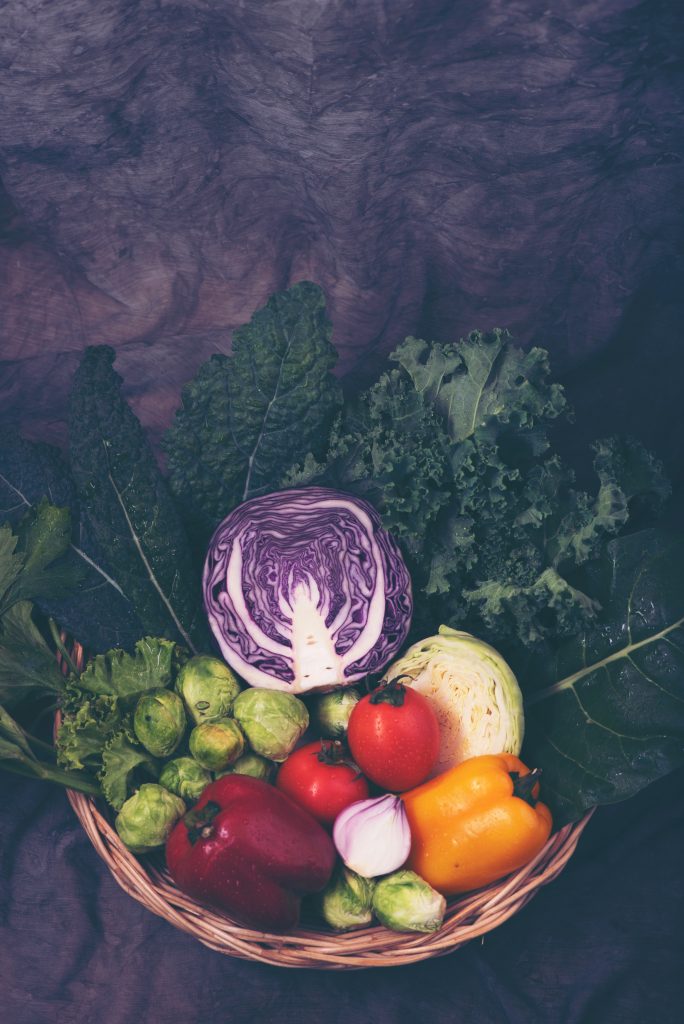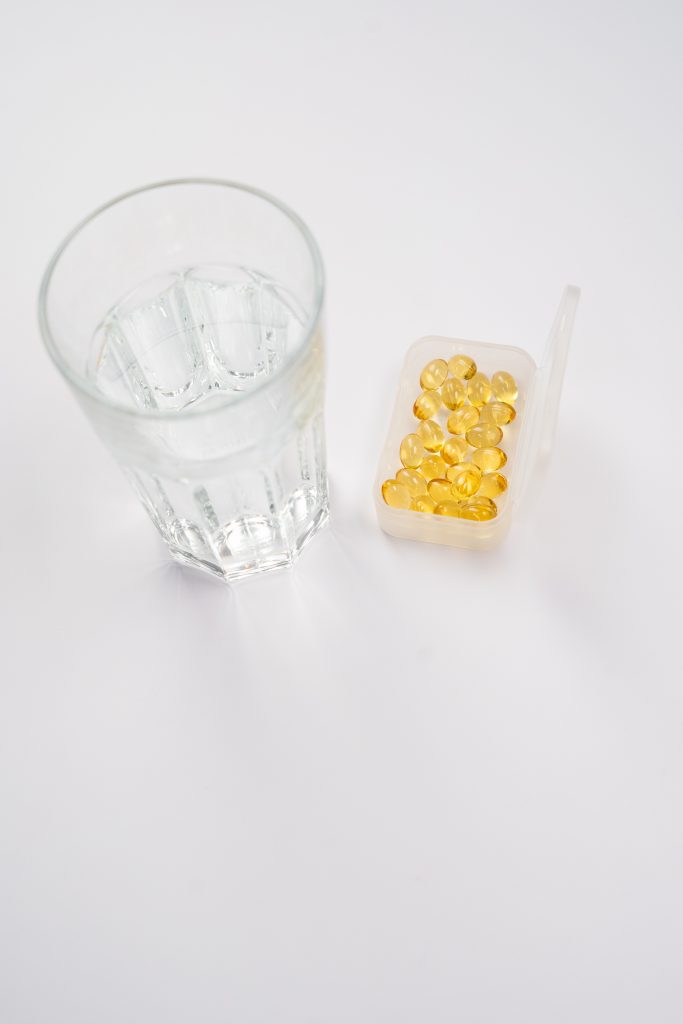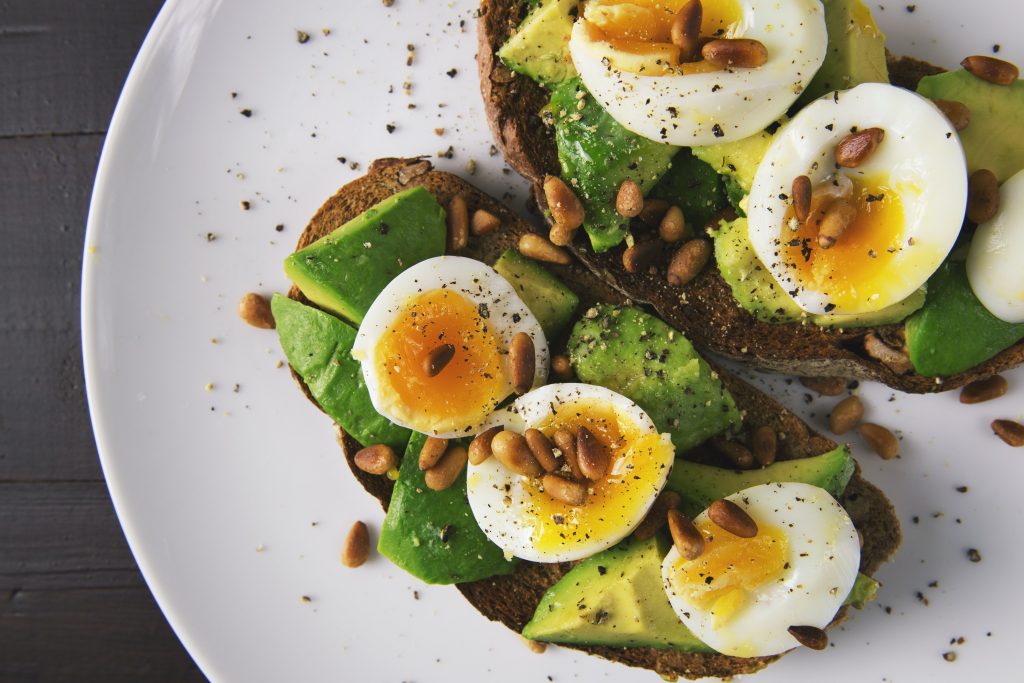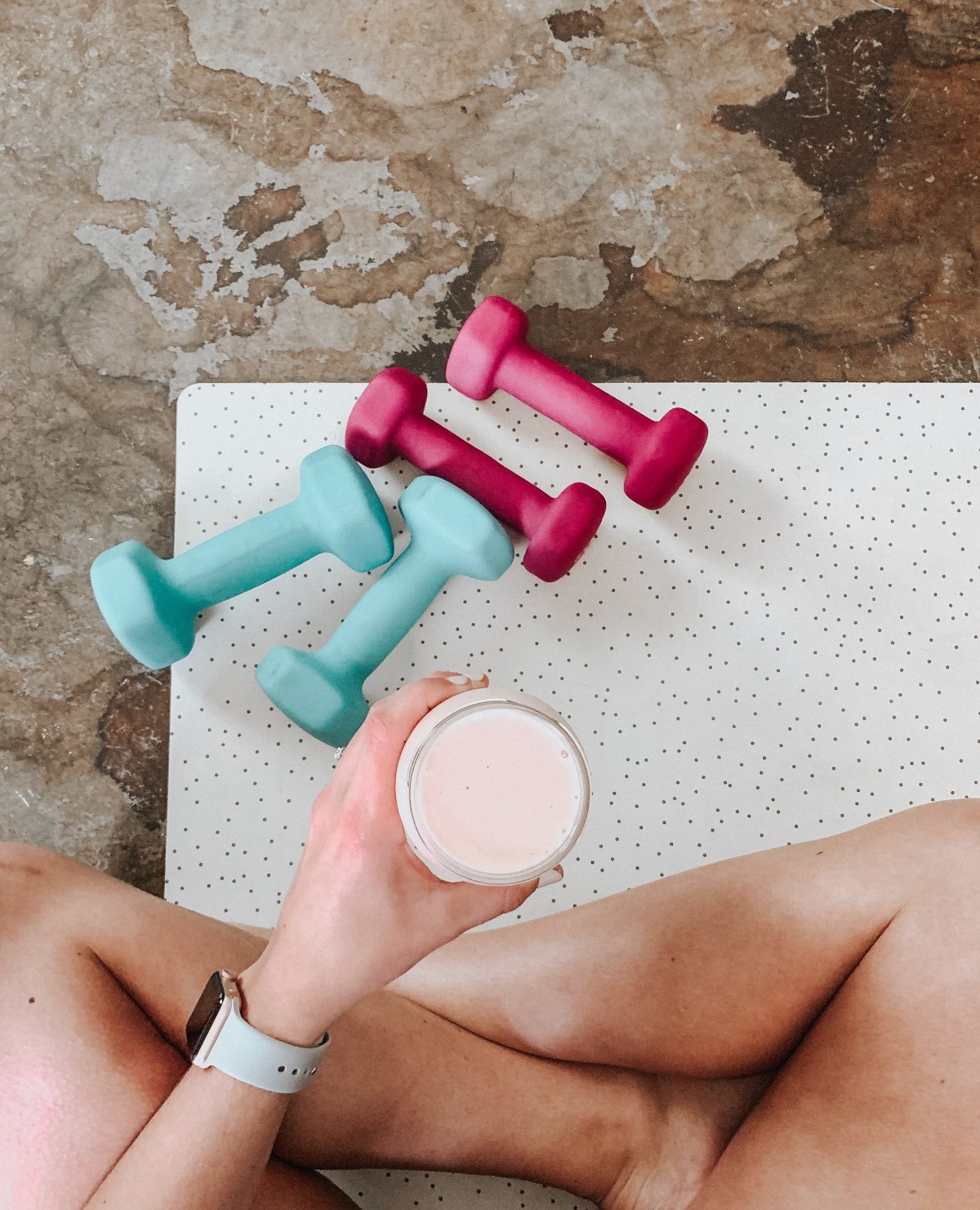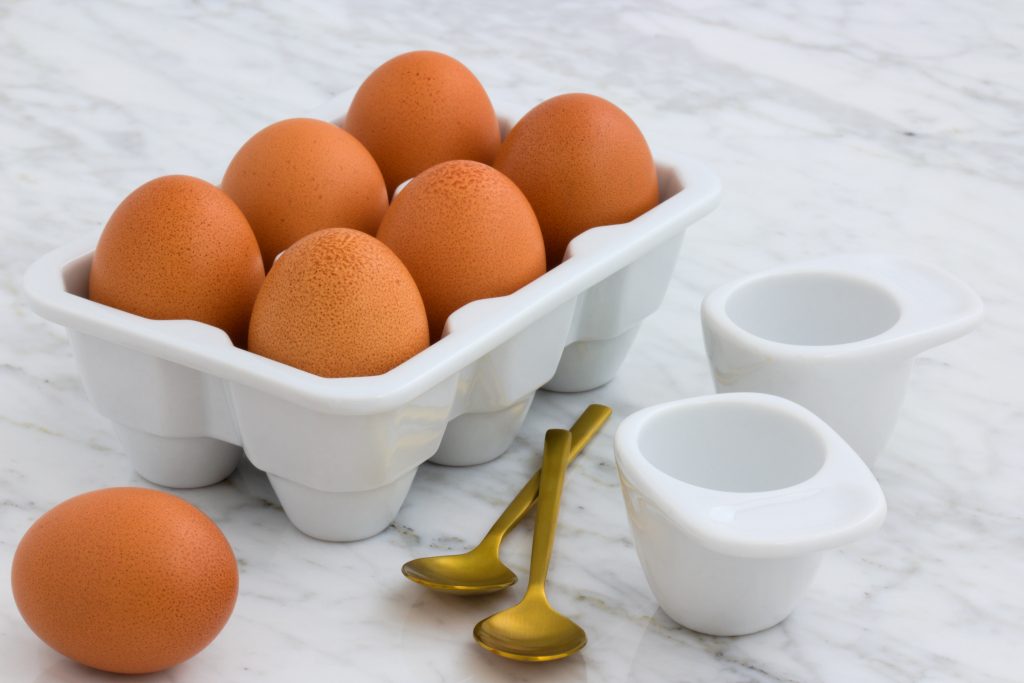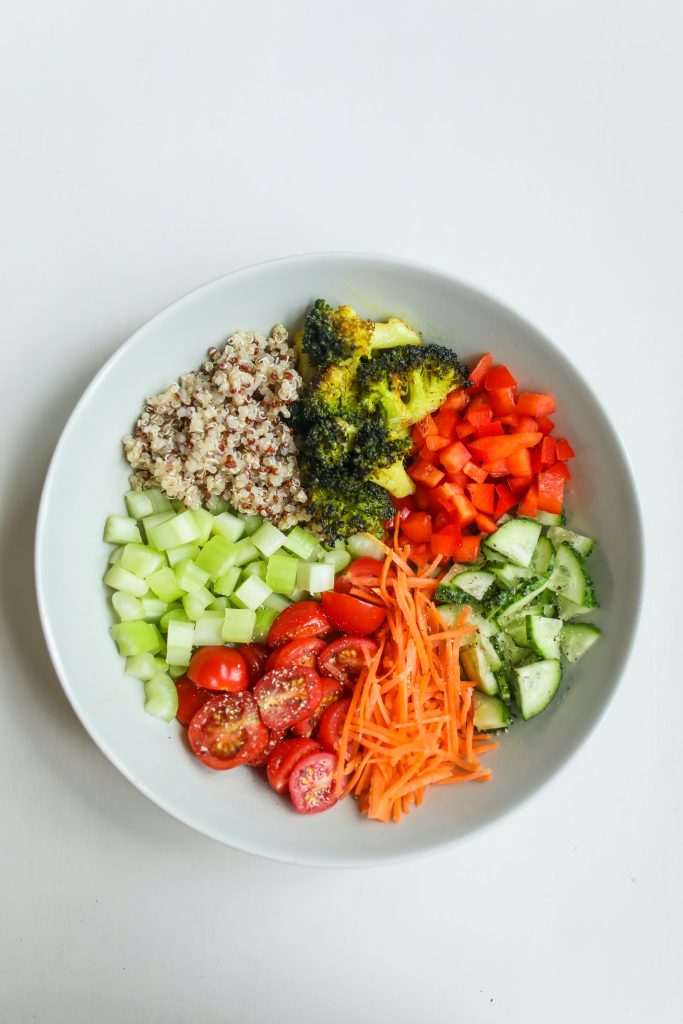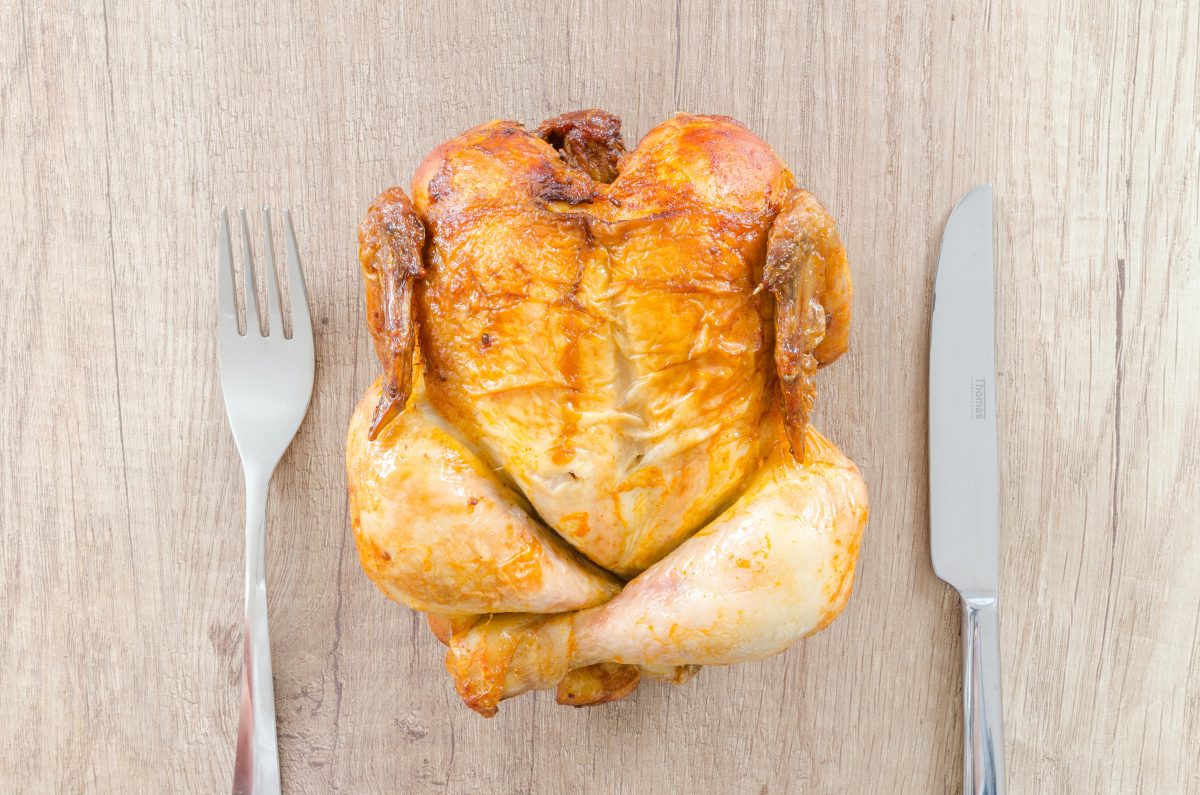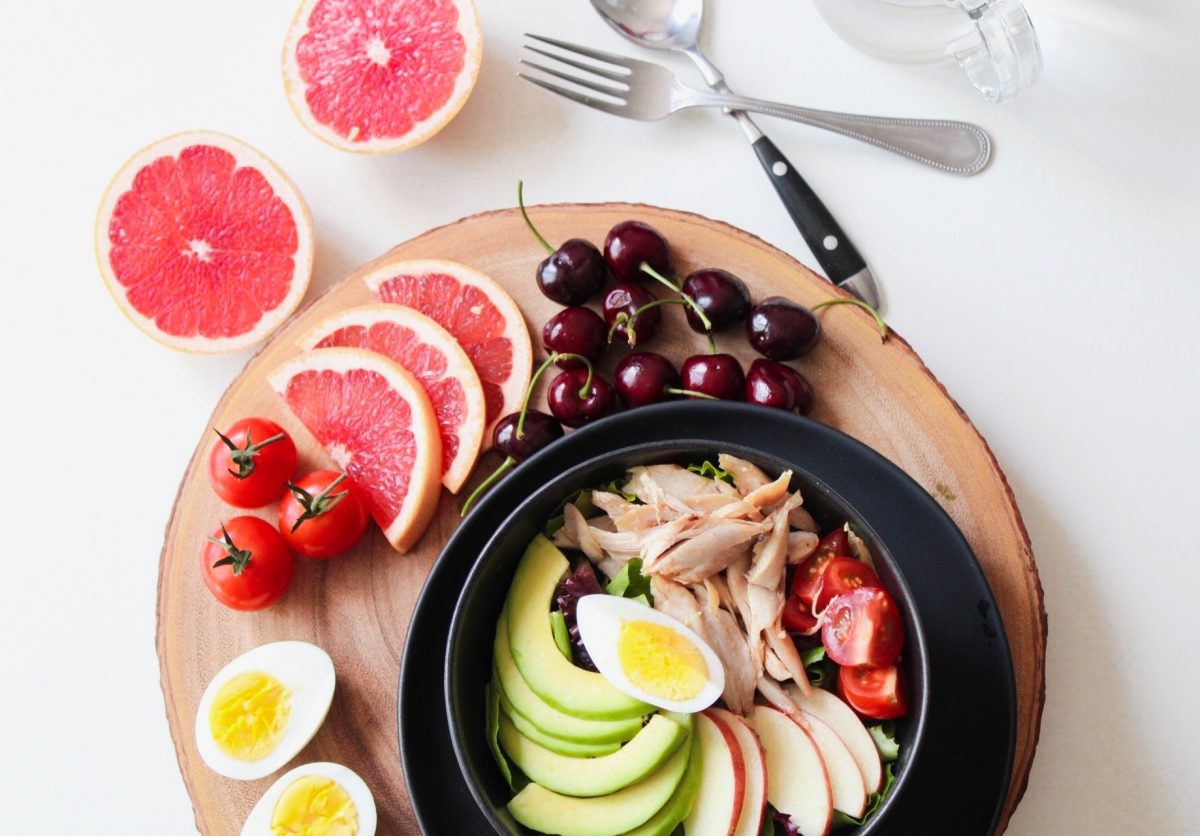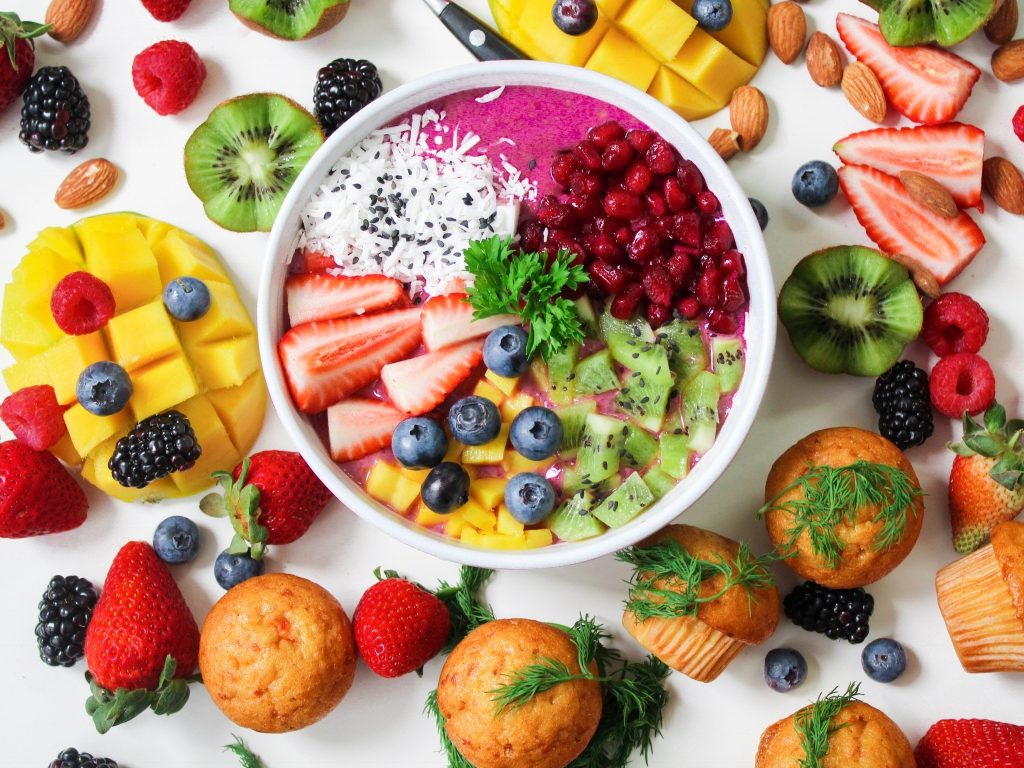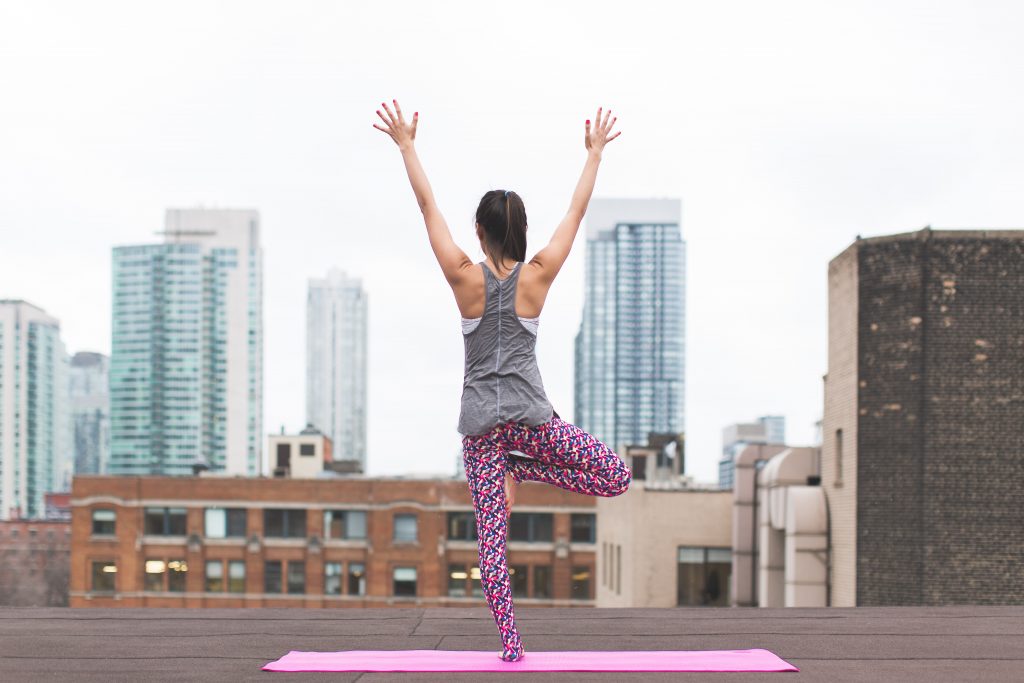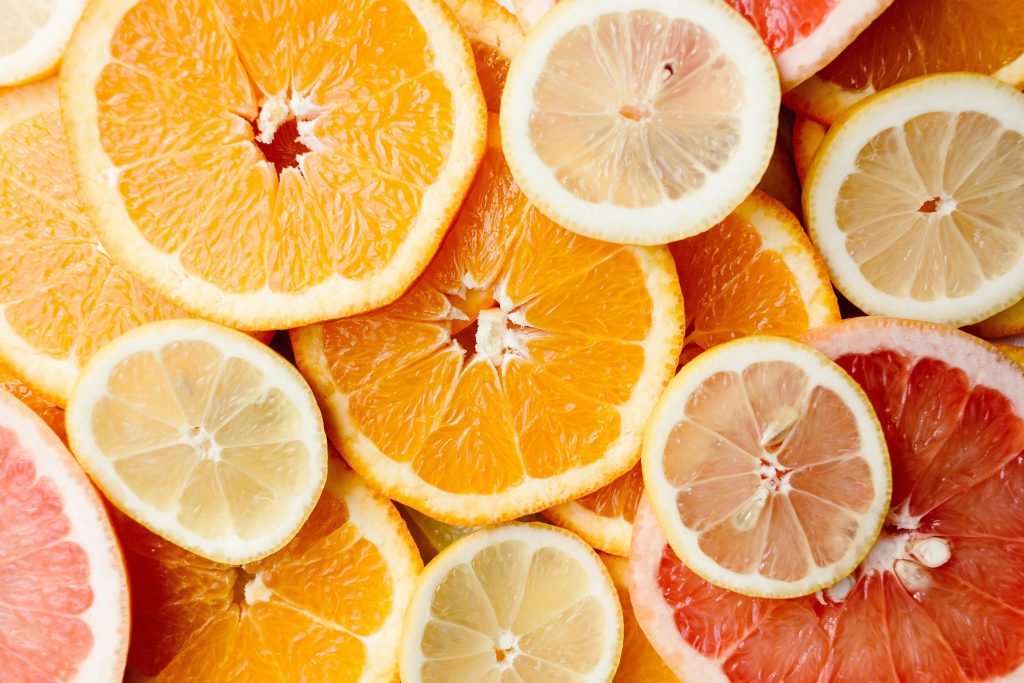Do you have a hard time finding healthy snacks that also fill you up? Here are several ideas of delicious, healthy snacks to help you in your weight loss program.
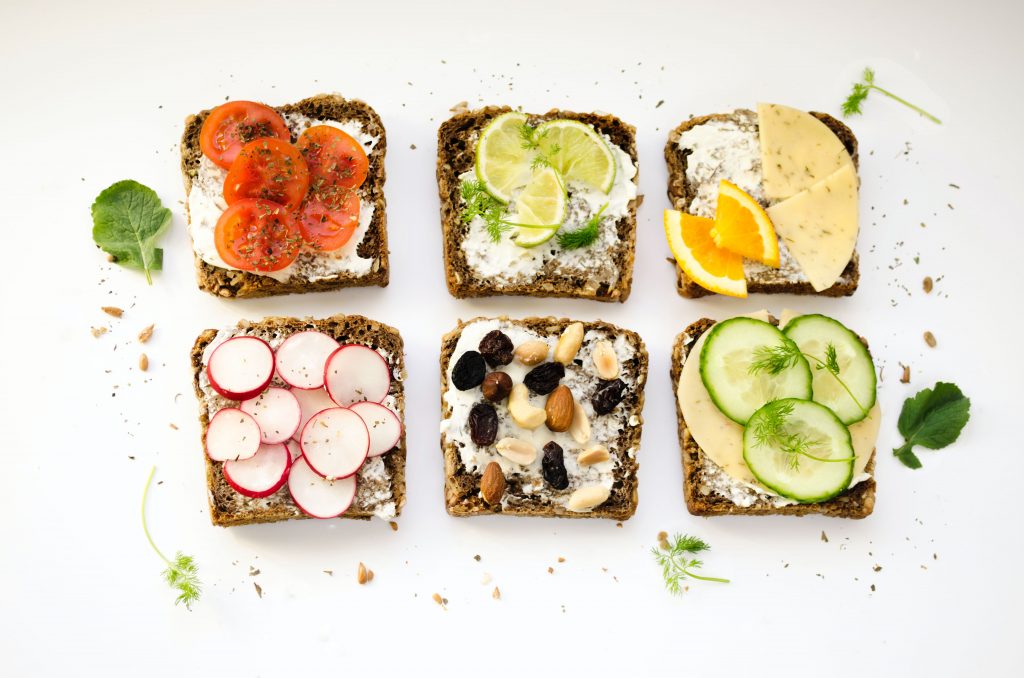
Snacking can be hard when trying to lose weight, as the calories can add up each day. But it is not impossible and can be used as a valuable tool in between meals to help curb hunger, which will prevent overeating during meals later in the day. Successful snacking requires some strategic planning, however, to make sure that you are helping your weight loss plan, not hindering weight loss success. Here is some valuable advice to help you snack successfully and feel satiated all day!
General Snacking Tips
- Prep Ahead: Just like with meal planning, knowing which snacks you will eat throughout the week and purchasing them ahead of time will ensure that you make good choices and don’t turn to less-than healthy options when you’re super busy and hunger strikes.
- Wash, Chop, Measure: Set aside a little extra time after you do your weekly grocery haul and wash fruits and veggies, and section out into proper serving sizes. Having food kept in pre-measured containers will help prevent you from overeating–yes, it is possible to eat too much of even a good thing! It also helps to have awareness of serving sizes for logging into your weight loss food journal.
- Choose Whole Foods First: Try to base your snacking around fresh fruits, vegetables, nuts and nut butters and healthy proteins. By feeding your body the nutrients it needs, you will not only help to fuel it properly but you will feel more satiated, for a longer time, on less calories. Your overall diet and weight loss program will benefit in the long term.
- Add Protein Whenever Possible: Combining a fruit or vegetable with protein will help aid in satiety as well, and the protein contributes to muscle growth in the body. Many Americans don’t eat enough healthy proteins, so sneaking it in with your snacks is a great way to add to your daily diet totals.
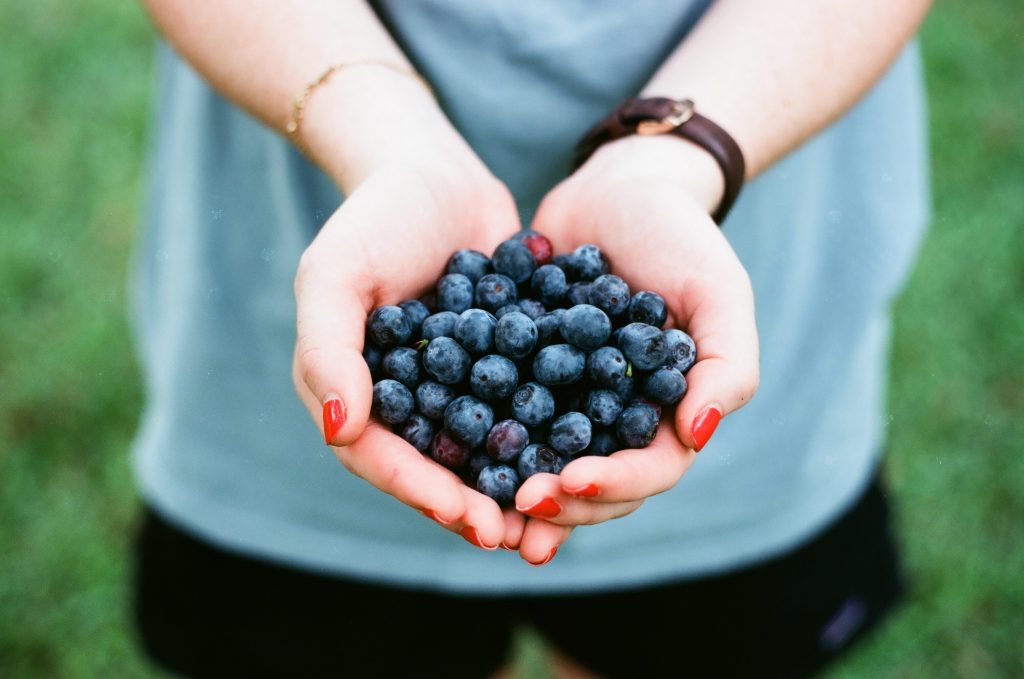
Snack Ideas
In general, look for a fruit or vegetable to be the base of most snacking–most of us don’t eat the minimum recommended daily allowance in our daily diets, so adding them into our snacking plan is a great foundation. When you can, add a protein or healthy fat to balance out the snack and help with satiation. We recommend trying to keep your snacks around 200-250 calories so that you don’t ruin your dinner! Here are some basic ideas and how to pair them for a tasty, healthy option you can try any day in your diet plan, each suggestion is within a range of 100-250 calories:
Apple
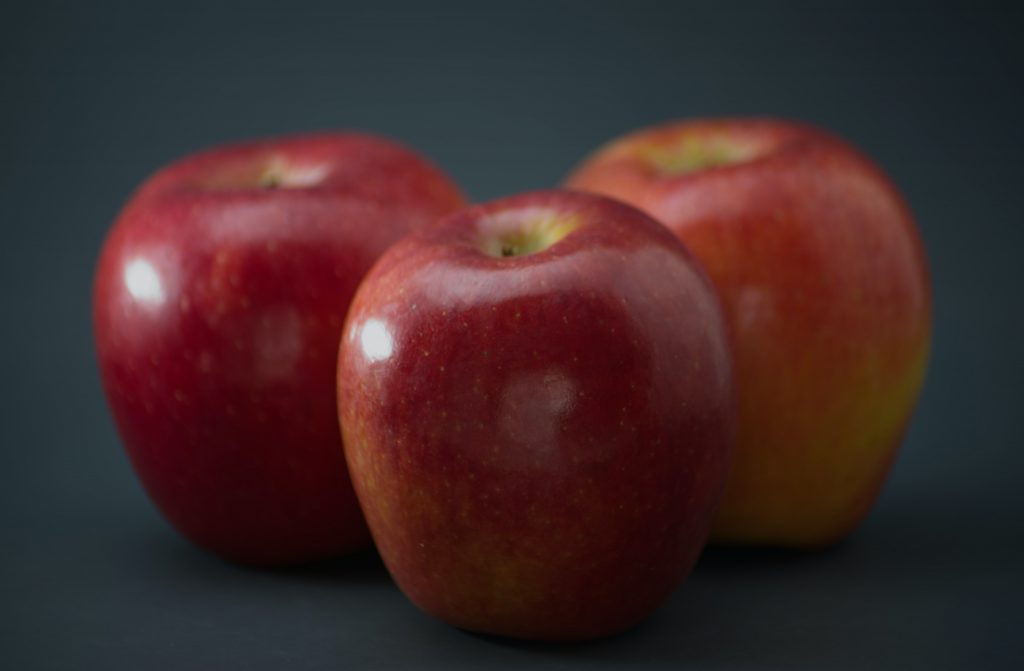
Apples are a great, healthy snack option for your diet. They are delicious, nutritious and filled with healthy fiber to help keep you full. If you want to add a protein, nut butters or a piece of string cheese will be a great addition with just enough protein and fats to fill you up.
Carrots, Celery or Peppers
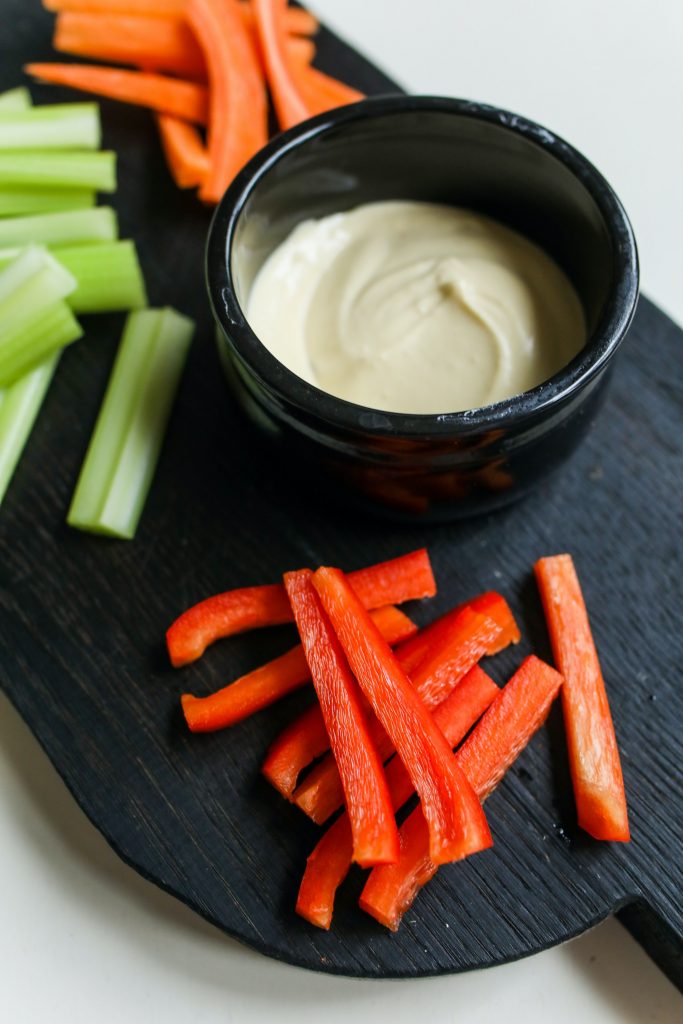
Any of these crunchy veggies are a great snacking option. If you can find baby carrots at the store, you can even cut down on prep time. All of these veggies are a perfect snack substitution for chips or crackers–they add the crunch without the unhealthy side effects. Pair them with hummus for a yummy, protein-filled dip.
Banana
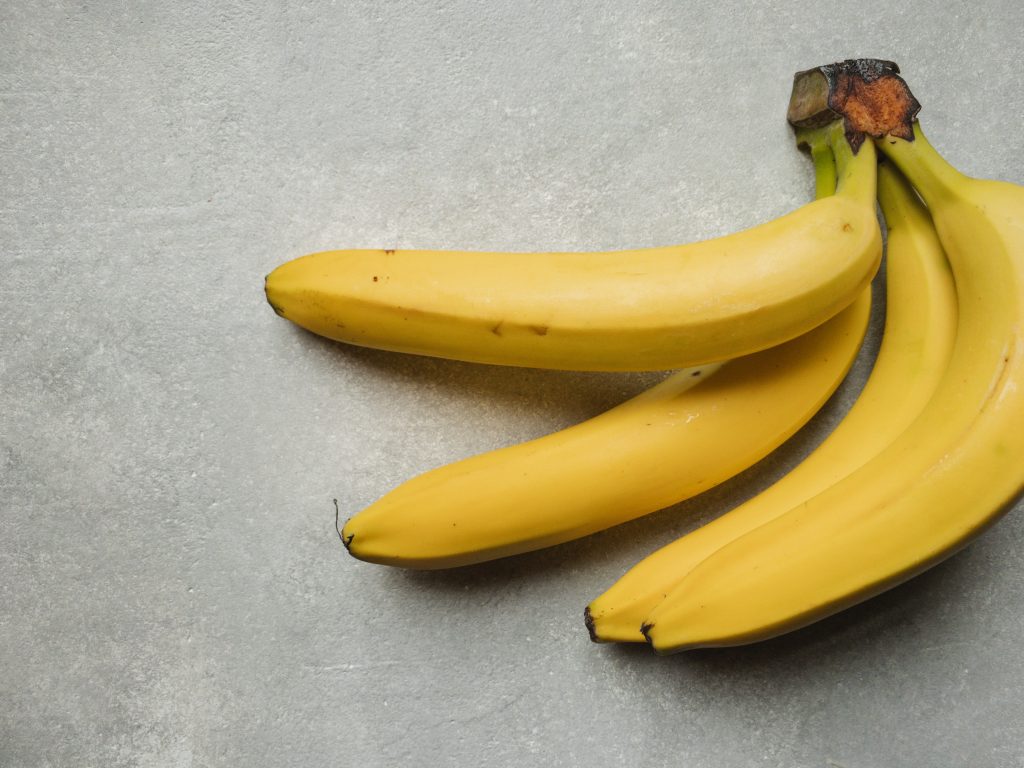
Another great fiber-filled fruit, bananas are super easy to grab and eat on the go. One banana can keep you full on it’s own but if you need a little boost, almond or peanut butter adds a nice salty compliment to the sweetness of the banana. Make sure you measure out the nut butter before eating, it can be super easy to overeat nut butters. Keep it around one tablespoon so that your overall snack calorie count doesn’t reach higher than 300 calories.
Cottage Cheese

If you enjoy cottage cheese, this is a protein-packed snack that will leave you full for hours. Add some sliced tomatoes, or even some berries to compliment the creaminess of the cottage cheese and add some energy-boosting carb benefit to your snack. Try to get a lower fat or nonfat variety of cottage cheese to keep overall calories down and measure each serving for maximum weight loss success.
Hard Boiled Eggs
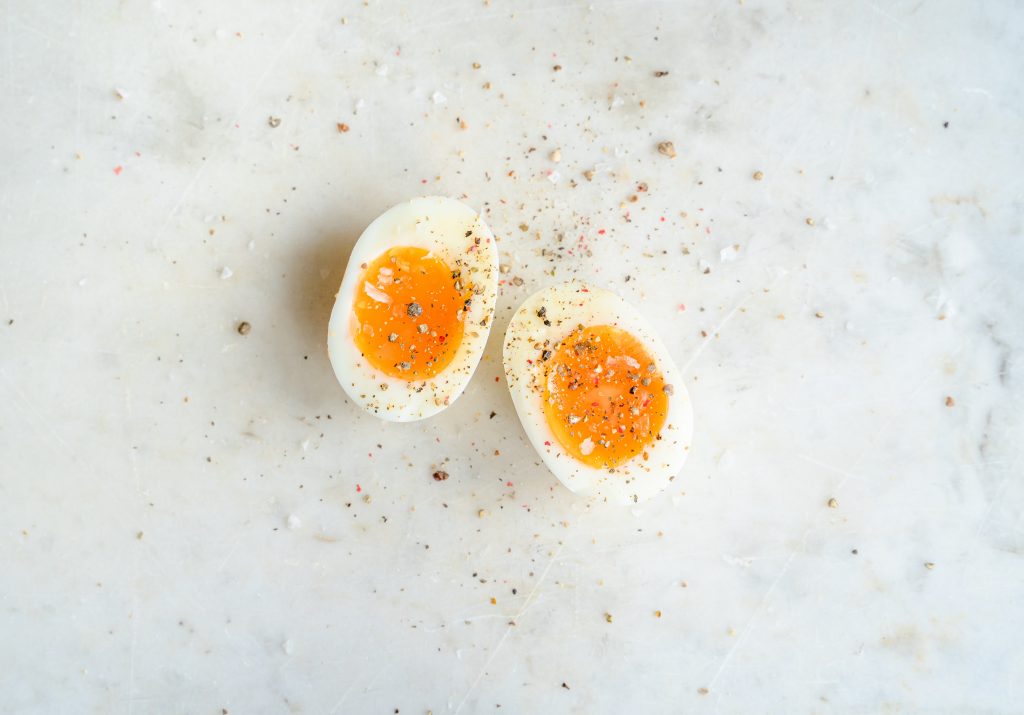
If you are looking for an easy, grab and go protein snack, hard boiled eggs will be your best friend!! For busy weeks, boil them and peel them, then put in plastic baggies or small containers to grab quickly and eat on the run.
Handful of Almonds
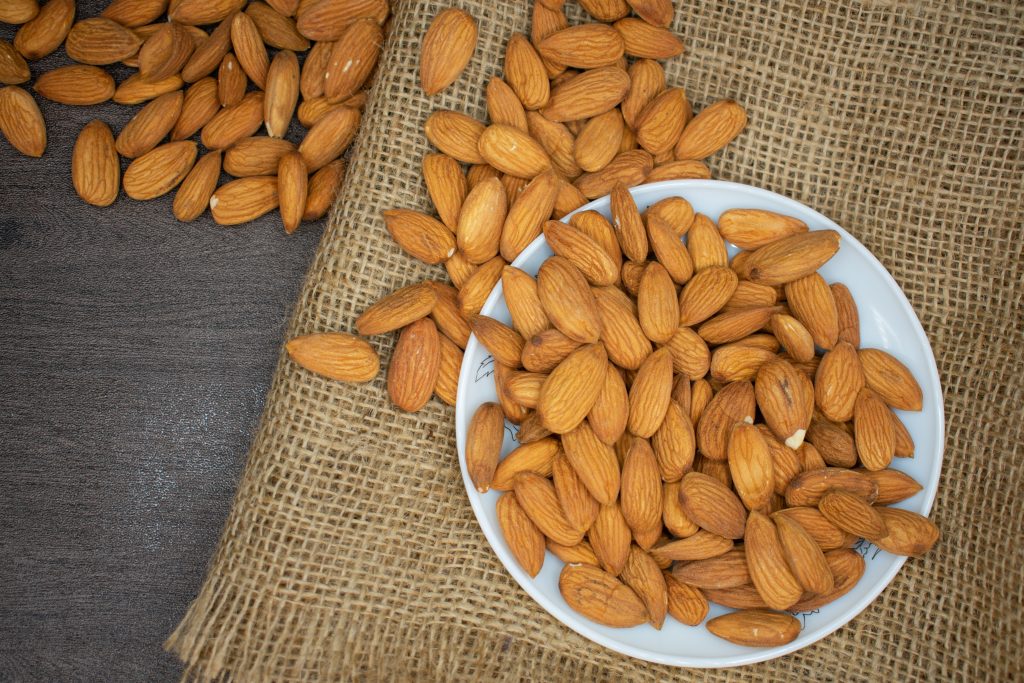
Almonds (or any favorite nuts) are a super healthy, antioxidant-filled protein snack. These are also super easy to grab on the go and can compliment the apple or banana snack we listed above. Be very careful with measuring out nuts–one serving is ¼ cup and contains 162 calories. It can be very easy to overeat nuts without thinking, so having them sectioned out into serving-sized containers will prevent accidental overeating and taking in too many calories at snack time.
Greek Yogurt with Berries
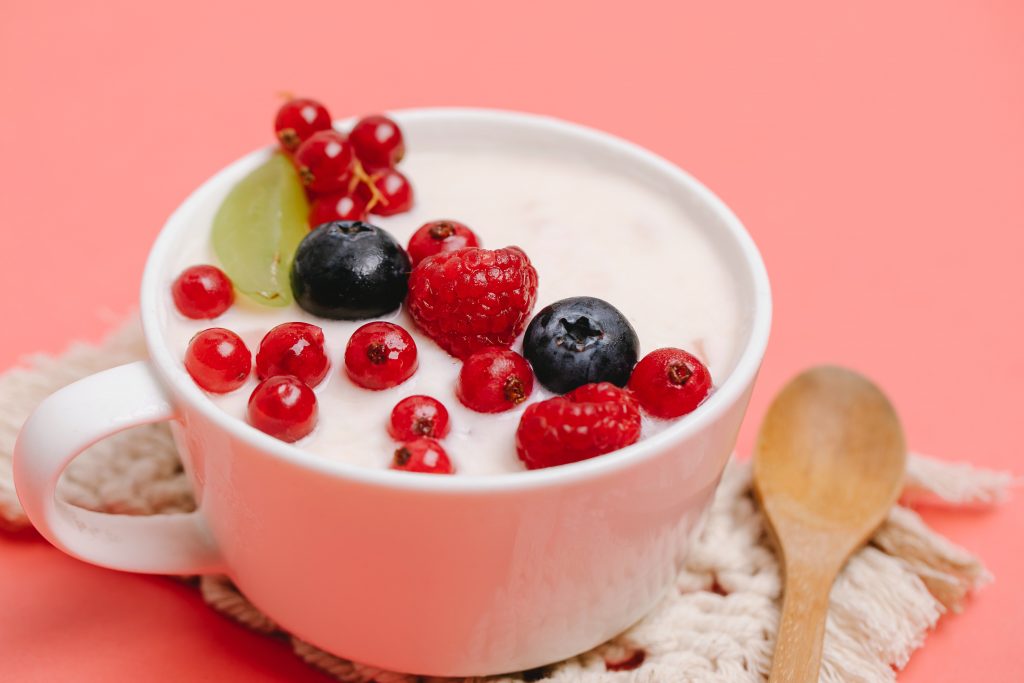
Greek yogurt, like its cousin cottage cheese, is another creamy high protein snack. When choosing a greek yogurt, make sure that you are finding a nonfat or lowfat variety and plain/no added sugar. Due to the tartness of plain greek yogurt, adding about ½ cup of berries will make a beautiful sweet/savory balance that will also keep you full for hours on very little calories and a huge protein boost.
Once you have an idea of simple, healthy snacks you can build a foundation and work to get creative. By planning ahead and thinking through your day, you can plan for strategic snacks that can satisfy a craving without ruining your diet and weight loss goals. For more healthy eating advice, check out our blog on Easy Breakfast Ideas to Start Your Day Right. Keep stepping on your SureFiz smart scale daily to keep track of your weight loss journey, make sure you are eating right and nourishing your body with a healthy diet, and continue to follow us on social media for healthy eating tips, inspiration and encouragement as you continue towards your weight loss goals.





